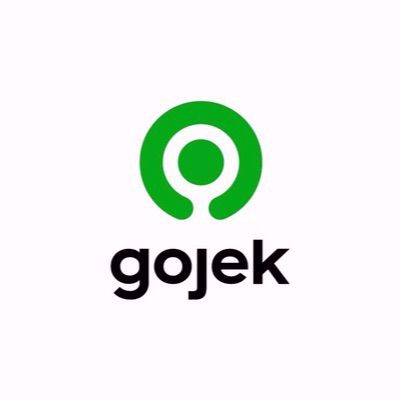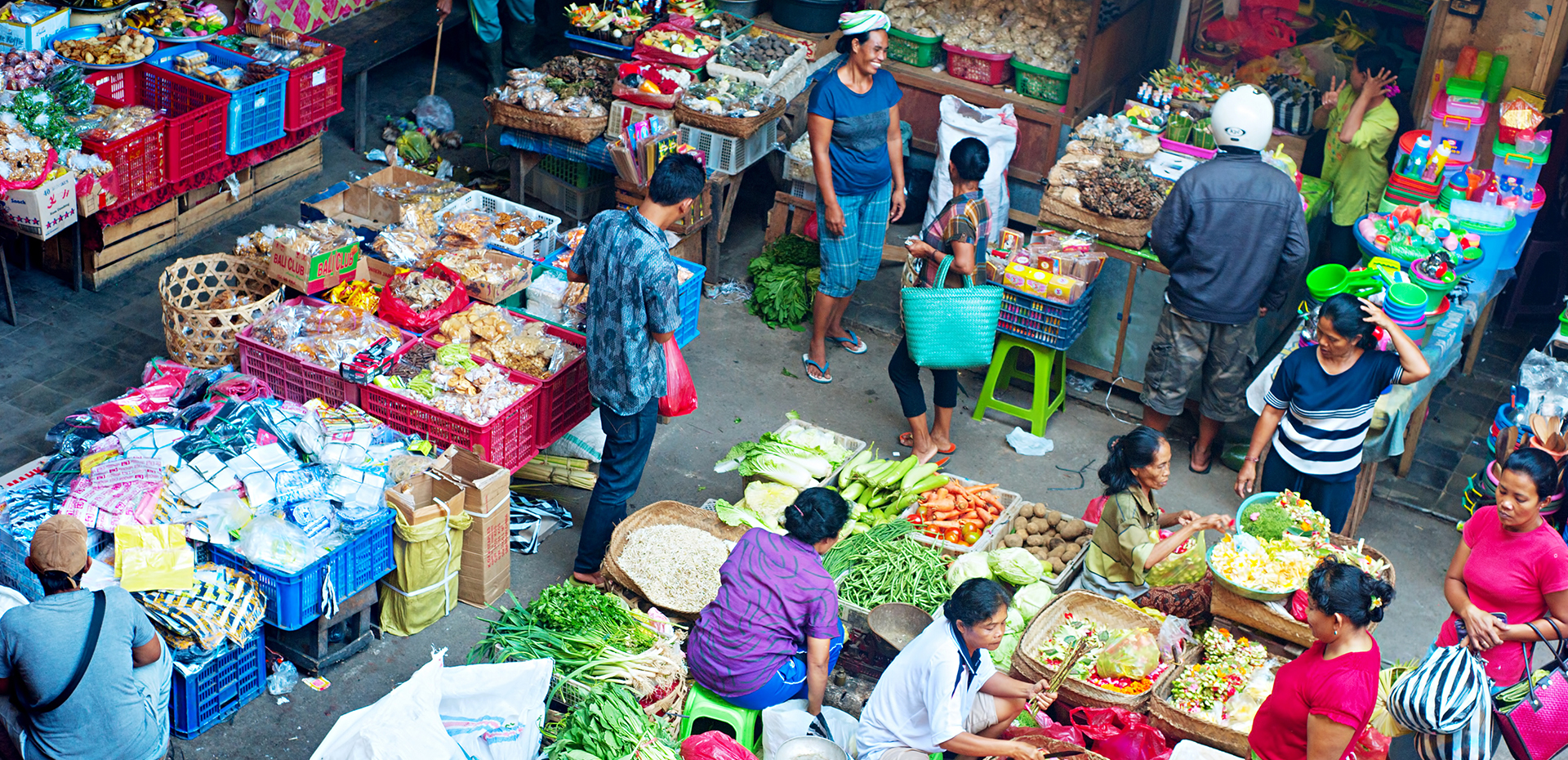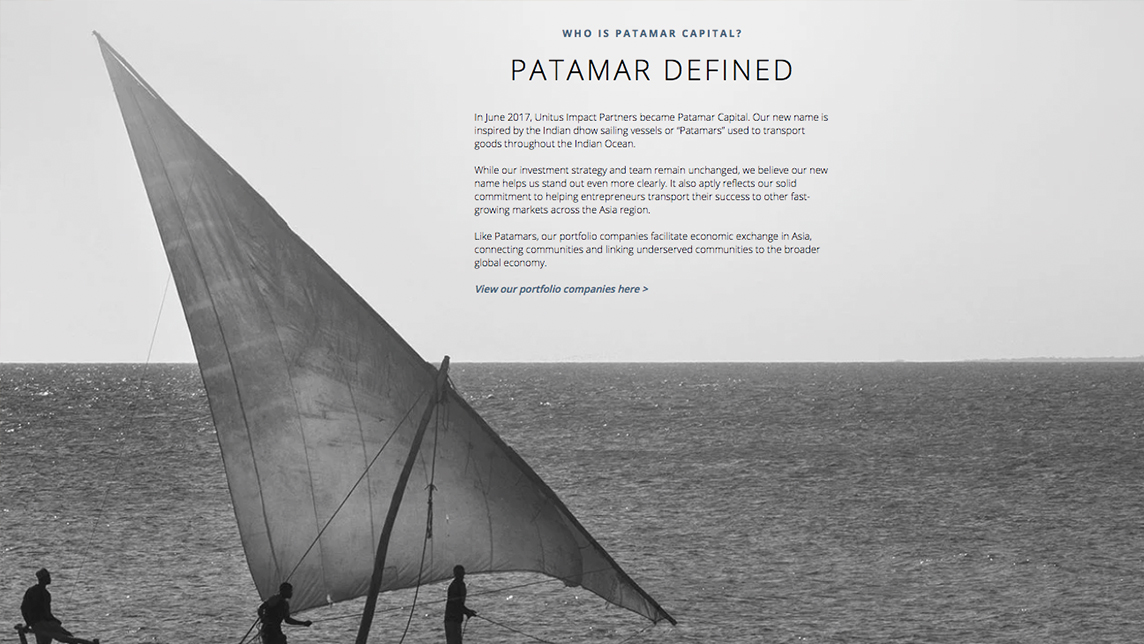A joint venture of seven Indonesia state-owned enterprises (SOEs) has launched LinkAja, an e-wallet that would compete with market leaders Go-Pay and OVO.
PT Fintek Karya Nusantara (Finarya), the company that runs LinkAja, is backed by seven SOEs: national telecommunications firm Telkom; the four state-owned banks (BRI, BNI, BTN and Mandiri); oil and gas firm Pertamina; and insurance company Jiwasraya. LinkAja merges T-CASH, originally launched by Telkom's mobile subsidiary in 2007, with the e-wallet services of the four banks.
Since LinkAja is taking over the users of T-CASH and the state-owned banks’ old e-wallet services, the new e-wallet already has 22m users, Finarya CEO Danu Wicaksana said at the launch on June 30. He added that the company is aiming for 44m users by the end of this year.
Having a built-in user base is an advantage when competing against market leaders Go-Pay and OVO. A 2018 survey by DailySocial found that 79.39% of respondents use Go-Pay, 58.42% use OVO and 55.52% use T-CASH. Many users use multiple e-wallets to take advantage of the promotional discounts and cashbacks these services provide.
Convenience, not cheapness
LinkAja has stated they will not be relying on promotions and discounts to gain users; instead, it will focus on providing convenience. “We do not want to compete using promotions, because we are selling convenience, not ‘cheapness,’” said Finarya CMO Edward Kilian Suwignyo.
According to Handojo Trianto, Senior Research Manager at the International Data Corporation, discounts and cashbacks is the fastest way to gain market share in Indonesia.
However, he believes that LinkAja can compete by making use of the network effects of state-owned banks: “[With their links to SOE banks,] LinkAja users should be able to top up their balance faster and more easily, especially if they can link their account to their debit card.”
Like other e-wallets, LinkAja can be used to pay at offline merchants and e-commerce outlets, as well as to pay bills. Unlike the others, however, LinkAja will be integrated with public transport and highway toll payments. The company is already testing tollway payments using an RFID sticker, which will automatically deduct the balance from the driver’s account when the car passes through a scanner at the toll gate.
In addition, thanks to a past partnership between T-CASH and Singapore state-owned telco Singtel, LinkAja can be used at select offline merchants in Singapore that accept payment via standard QR code.
LinkAja also plans to enter the remittance business, targeting countries with large Indonesian migrant worker populations such as Singapore and Hong Kong. In December 2018, the government reported that Indonesia had 708,000 migrant workers globally, registered through official channels. A 2017 World Bank report stated that over 9m Indonesians were working abroad in 2016.
The moves toward integration with transport and remittance will likely be facilitated by LinkAja’s SOE backing. That background also puts LinkAja at a disadvantage versus its startup counterparts, however, as the company is not free to pursue aggressive, cash-burning growth tactics.
Piter Abdullah Redjalam, an economist at the Center of Reform on Economics, told CNN Indonesia: “Although [LinkAja] is not a state-owned enterprise, it will be audited like one. If they are loss-making, or even burning cash, the board will be summoned [by the government]… LinkAja might just ‘exist’ with mediocre results.”
Toward a cashless Indonesia
Go-Jek, OVO and LinkAja appear to agree that their e-wallets serve a greater purpose than just facilitating payments. As part of the so-called National Cashless Movement, LinkAja aims to introduce cashless modes of payment, especially to the 180m unbanked population, or two out of every three Indonesians, and improve financial inclusion.
At the launch event, CEO Danu Wicaksana said, "[LinkAja is] an e-money instrument formed through the synergy of Telkomsel and seven state-owned enterprises, each of which has a large consumer base and established presence across the country. We hope that LinkAja can reach every strata of society."
OVO’s Director of Enterprise Payment, Haryanto Gunawan, told Kompas.com: “Together, we [OVO and LinkAja] can directly educate the public on the importance of moving from cash to cashless. We see that the adoption of digital payment in Indonesia is still low, only about 10%... so [OVO] still has a market.”
Meanwhile, Go-Jek wenta step further by entering an agreement to let Go-Jek users pay with LinkAja. In a statement quoted by Detik Finance, Go-Pay Managing Director Budi Gandasoebrata said, “We believe that the ecosystem collaboration between Go-Jek and LinkAja can accelerate the adoption of cashless payment in Indonesia, especially among consumers who were previously unreached by formal banking services.”
Increased connectivity in rural areas and widespread adoption of smartphones have played an important role in increasing financial inclusion in Indonesia. Startups like Kioson and Kudo (the latter since acquired by Go-Jek rival Grab) allow rural residents to pay bills and shop online through local agents. Through the Financial Services Authority's "Laku Pandai" initiative, some banks have also used agents to help people open accounts and access basic financial services through smartphone apps.
As LinkAja expands its features, it could become a "bridge" that encourages rural users to open bank accounts. Currently, its perks are mainly enjoyed by those living in cities. The integration with public transport and highway toll payments primarily benefits commuters living in the Greater Jakarta area and topping up the wallet is much easier if the customer already has a bank account.
The four state-owned banks could even offer basic financial services through LinkAja, supplementing or bypassing the Laku Pandai system. In Thailand, for example, Kasikornbank has partnered with Grab to offer its banking products to the ride-hailing app's unbanked customers.













